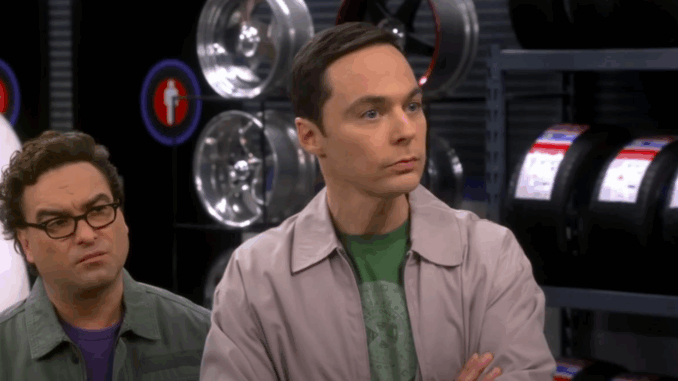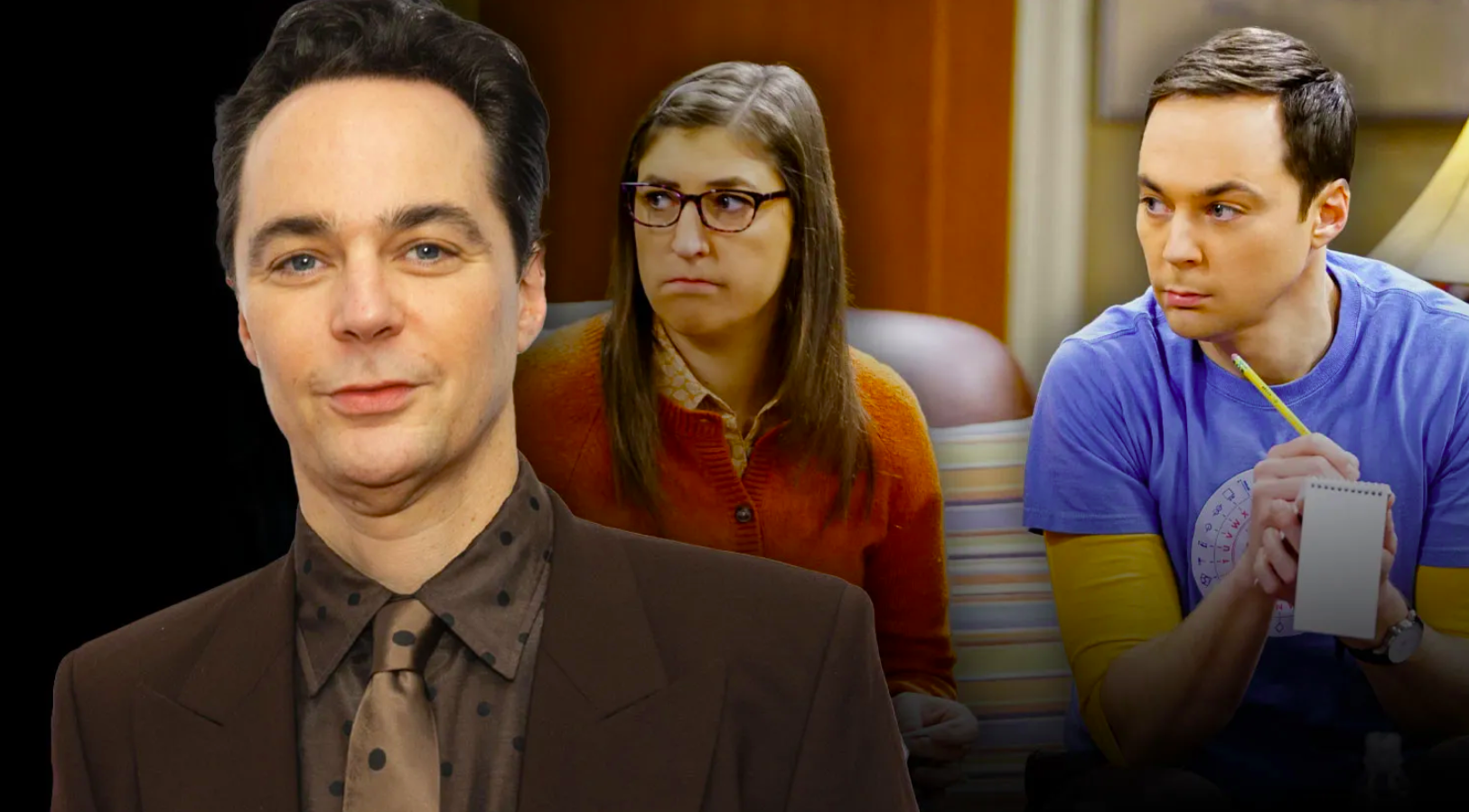
A Change of Scenery
While The Big Bang Theory usually thrived in familiar settings like living rooms and laboratories, one episode broke the mold by thrusting the characters into the unfamiliar and intimidating world of a university gym. What started as a simple team-building exercise for the university’s grant applicants turned into a masterclass in discomfort, social miscues, and unexpected emotional revelations.
The gym scene felt almost surreal. The bright fluorescent lights, the echo of sneakers squeaking on polished wood floors, the sight of Sheldon and Leonard awkwardly clutching basketballs — it was a backdrop so alien to them that their discomfort practically radiated off the screen.
The Gym: A Battlefield of Insecurities
Leonard’s experience with sports was limited to high school memories he’d rather forget. Forced into athletic drills alongside naturally confident athletes and professors, he shrank into himself. Watching him fumble a simple pass or miss an easy layup wasn’t just funny; it hurt a little. Leonard’s struggles captured the feeling of being completely out of place — a feeling anyone who’s ever been picked last for a team could instantly recognize.
Meanwhile, Sheldon treated the gym like an alien planet he was forced to explore without adequate protection. He questioned the very logic of physical competition (“Why must intellectual prowess be tied to one’s ability to run in circles?”) and protested every drill with verbose objections. Yet beneath the complaints was a genuine anxiety about physical vulnerability — an Achilles’ heel for a character usually so invincible behind his intellect.
Howard attempted to mask his own gym trauma with jokes and bravado, loudly proclaiming his expertise in dodgeball strategy (“Always aim for the knees!”) only to be immediately eliminated in the first round. Raj, desperate to fit in, awkwardly overcompensated by joining every game with too much enthusiasm, causing minor chaos on the court.
Penny and Bernadette: Quiet Observers
Unlike the men, Penny and Bernadette approached the gym scene with a detached amusement. Having grown up around sports — Penny as a former high school athlete and Bernadette as a competitive, determined spirit in a small frame — they saw through the ridiculousness of the situation.
Penny’s sharp observations about the men’s gym floundering (“It’s like watching baby giraffes learn to walk!”) provided much of the episode’s humor. But there was also a moment where she showed quiet empathy, especially toward Leonard, recognizing that the gym wasn’t just a place of physical inadequacy for him — it was a living reminder of his struggles for acceptance.
Bernadette, for her part, offered biting but well-meaning encouragements, pushing Howard to try harder, while also clearly reveling in seeing him knocked off his pedestal, even if just for an afternoon.
When Silence Said Everything

One of the most powerful moments came not from dialogue, but from silence. In a brief, wordless scene, Leonard sat alone on the bleachers, clutching a water bottle, shoulders hunched. The background noise of bouncing balls and laughter faded away, focusing solely on his small, slouched figure.
In that instant, the audience was reminded: beneath the jokes, beneath the pratfalls, these characters carried wounds that were very real. Their humor was often a shield, but every so often, cracks appeared — and the show allowed viewers to glimpse the vulnerability beneath.
A Scene That Redefined Comedy
The gym sequence wasn’t just funny; it was smart. By placing the characters in an environment so counter to their strengths, The Big Bang Theory illuminated the universal fear of exposure — the terror that, outside our small zones of competence, we might be seen as foolish, fragile, even laughable.
And yet, by the end of the episode, after enough missed passes and faceplants, the gang found themselves laughing together, turning shared embarrassment into a new kind of bond. The lesson was clear: true friendship isn’t about winning or impressing others — it’s about finding the people who’ll still sit next to you on the bleachers when you’ve lost the game entirely.